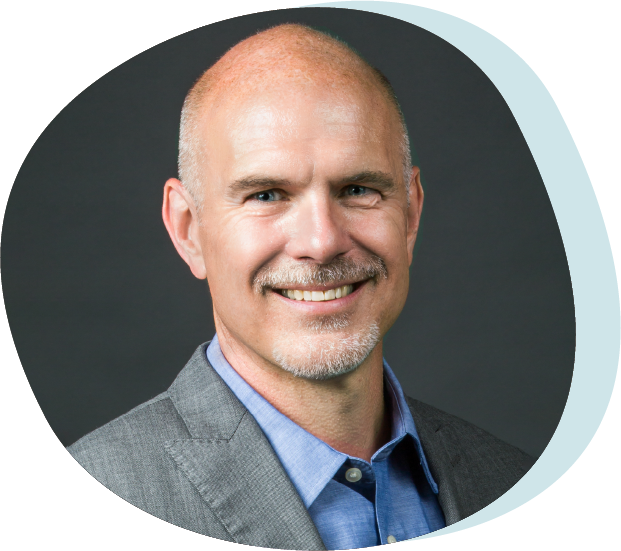
How the Brain Makes Decisions
Information
Date & Time
-
-
Description
This session provides an accessible introduction to the brain mechanisms that underlie human decision making, why these processes limit and constrain decisions, how these mechanisms differ across people and contexts, and how you can use this knowledge to make better decisions.
Target Audience
- Counselor
- Substance Use Disorder Professionals
Presenters

Michael Platt is a scientist known for asking some of the most challenging questions in 21st century neuroscience – and conceiving innovative ways to find the answers. Principle questions focus on the biological mechanisms that underlie decision-making and social interaction, the grasp of which has broad-scale implications for improving health, welfare, and business in societies worldwide. Broad expertise in anthropology, psychology, economics, evolutionary biology, ethology, and marketing, in addition to collaborations with colleagues in these fields, have enabled him to reach ever-deeper levels of understanding about the neural bases of decision making and cognition. Current interests focus on applying insights and technology from brain science to business, particularly questions in branding, marketing, management, finance, innovation, and performance.
Michael received his B.A at Yale and his Ph.D. at Penn, both in anthropology, and did a post-doctoral fellowship in neuroscience at NYU. His work has been supported by the National Institutes of Health, the Klingenstein Foundation, the McDonnell Foundation, the EJLB Foundation, the Simons Foundation, the Kaufman Foundation, and the Department of Defense, among others. He won a MERIT award from the National Institute of Mental Health and was an Alfred P. Sloan Foundation Fellow. Author of “The Leader’s Brain” (Wharton Press), Michael has written over 140 peer-reviewed papers and over 60 review and opinion papers, and his work has been cited over 15,000 times. A revered instructor, Michael won the Master Teacher/Clinician Award from the Duke University School of Medicine and the Teaching Commitment and Curricular Innovation Award from the Wharton School. He is the former Director of the Duke Institute for Brain Sciences and the Center for Cognitive Neuroscience at Duke, and the founding Co-Director of the Duke Center for Neuroeconomic Studies. Michael’s work has been featured in the New York Times, Washington Post, Wall Street Journal, Newsweek, the Guardian, and National Geographic, as well as on ABC’s Good Morning America, NPR, CBC, BBC, MTV, and HBO Vice. He currently serves on the Scientific Advisory Boards of several companies, served on the World Economic Forum Global Future Council on Brain Science, consulted on The Fountain by Darren Aronofsky, and is co-founder of Cogwear LLC, a neurotechnology startup.